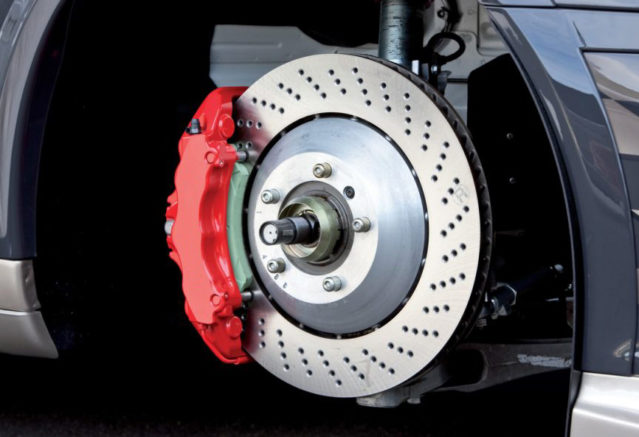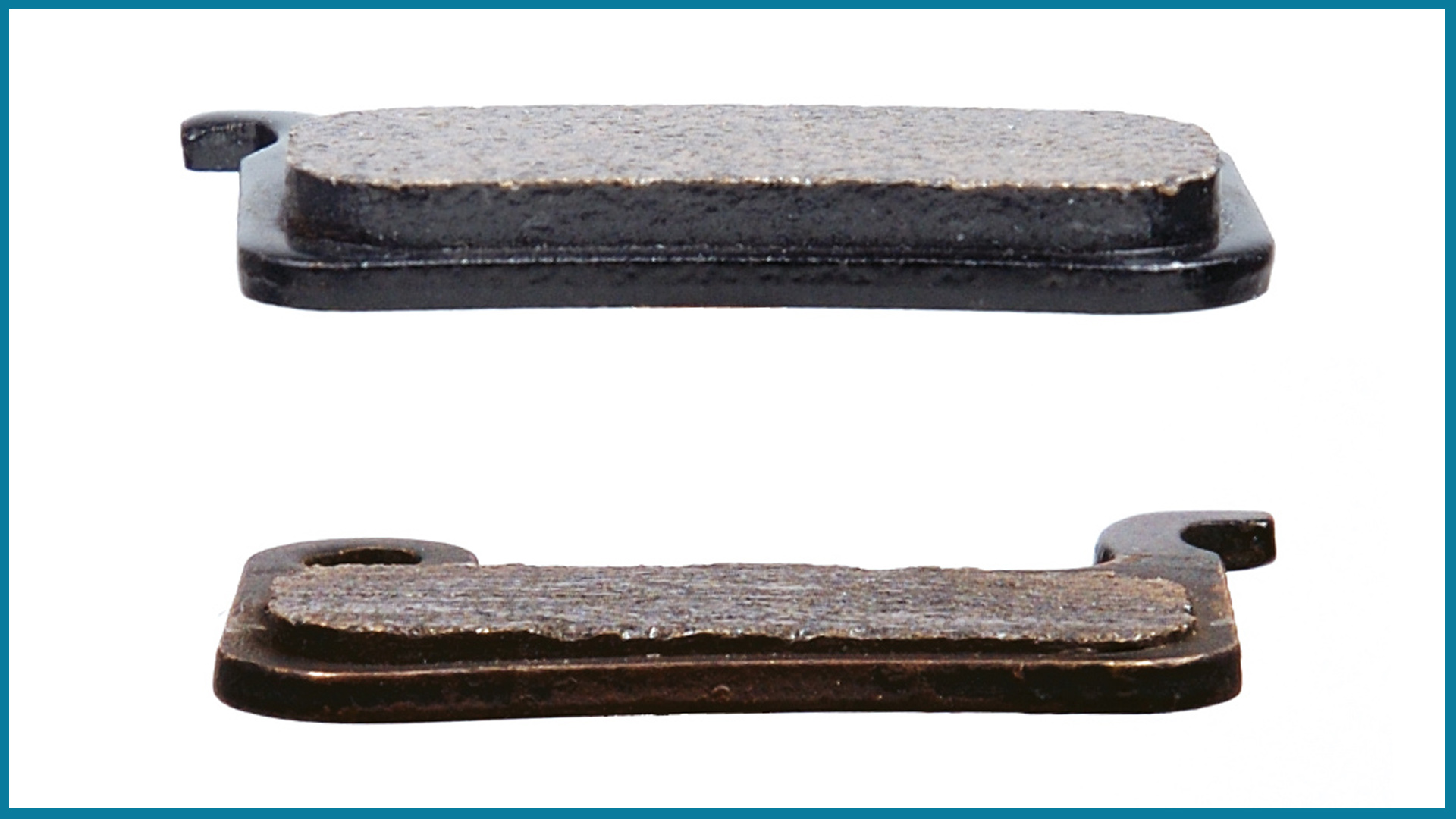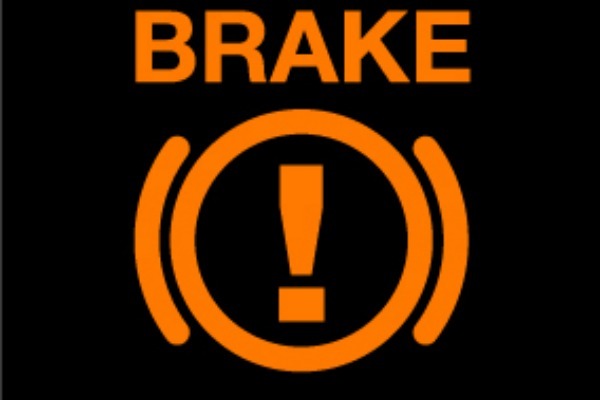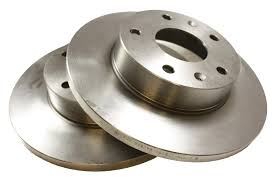
What are brake pads and how do they work?
A typical vehicle braking system consists of a brake disc, a brake calliper and a pair of brake pads for each wheel. The pads are fitted in the calliper with their friction material almost touching the two sides of the brake disc.
When the brake pedal is pressed, hydraulic fluid in the calliper pushes each brake pad against each side of the rotating brake disc. This results in friction being produced, which slows down and stops the vehicle.
When you think of the number of times this action takes place on a daily, weekly, monthly and annual basis – it’s no surprise that brake pads suffer wear and tear and need replacing regularly.
How long do brake pads last?
There are no hard and fast rules on this. A set of brake pads can last from anywhere between 10,000 and 30,000 miles – possibly more.
A major factor in the lifespan of the pads is down to the way the vehicle is used and driven.

What factors can affect how long your brake pads last?
It’s worth taking into account the following factors to give you an idea of how long your break pads might last.
Where do you drive?
If you do a lot of your driving on the motorway you may find that your brake pads last longer than if you do more driving around inner cities and on shorter journeys.
The reason? You’re more likely to be stopping and starting – at traffic lights, roundabouts and junctions – and therefore working the brakes more often than if you were cruising along on a motorway and using them less.

How much weight are you carrying?
Not you personally! But another factor in brake pad wear is the weight being carried by the vehicle, e.g. 4 or 5 passengers, fully loaded boot, towing a caravan etc. When the vehicle is lighter it is easier to slow down and stop with less braking effort required.
A vehicle used by a family with perhaps four or five people within in it, is obviously heavier and stopping it puts more strain on brake pads. Stopping it in the same time requires a greater amount of pressure.

How can I tell my brake pads need replacing?
Never ignore brake pads that need replacing. Most vehicles are fitted with wear sensors to detect when front or rear brake pads are getting critically low. However, there are other signs to look out for too.
Warning light
The most obvious indication is typically, a brake pad wear warning light will show on the car’s display board, indicating that at least one set of pads is almost worn out and a replacement needed to be fitted. However, not all cars are equipped with brake pad sensors.

If your car doesn’t have sensors, you must make sure the brake pads are inspected and checked regularly. Services will assess the condition of brake pads but at other times, listen and look for possible flaws.
A loud screeching
If you can hear a loud screeching sound when braking it’s a real warning sign that new brake pads are needed, or at least require inspection.
If you hear a grinding noise, it’s likely the brake pads have been worn down completely. If this happens you should not drive the vehicle and arrange for the brakes to be checked and replaced as soon as possible.
Visual check
It’s sometimes possible to look at the brake pads for wear and tear. Depending on the vehicle model, you may be able to see the outer pad by looking through the spokes of the wheel – the outer pad will be pressed against the brake disc.
There should be at least three millimetres of the pad visible. If you see anything less, get the brake pads inspected.
Pulling to one side
While braking, if the vehicle feels as if it pulls to one side or the other, then it’s likely that a brake fault exists. Uneven pad wear will be caused by an imbalance in the braking efficiency, which needs to be checked and rectified.
Bad vibrations
If the brake pedal vibrates when you push your foot down on it, the pads could be warped due to excessive heat build up, there may also be excessive wear or damage to the brake disc.
How long do brake discs last?
As with brake pads, life expectancy of brake discs will differ from vehicle to vehicle.
Sometimes, both pads and discs will need changing and replacing at the same time though generally discs will outlast the life expectancy of pads.
Front brake discs will eventually get too thin, which could result in overheating and losing efficiency. The required thickness of a brake disc is dictated by the manufacturer.

If you would like more information or a quotation for your vehicle please submit form